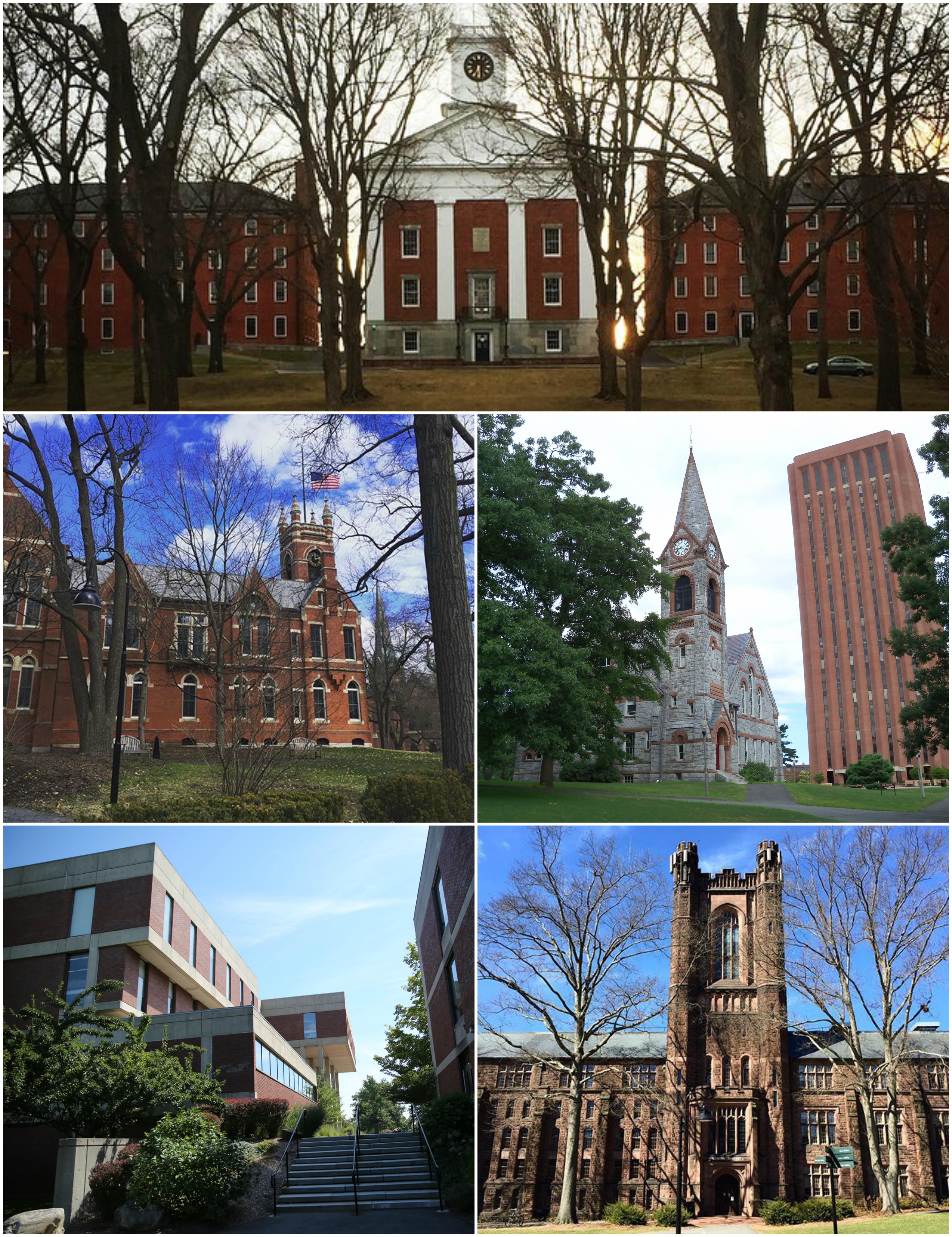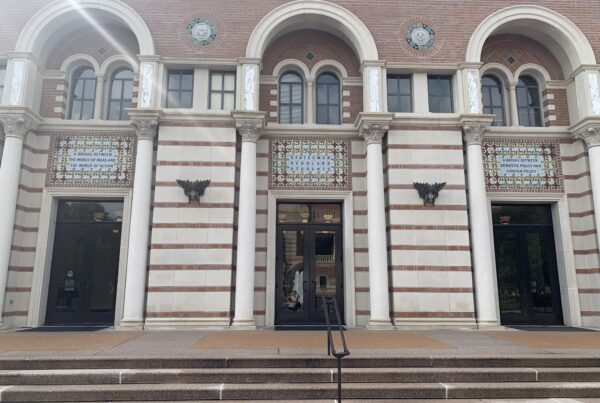 by Dave Best -Galin Education College Counselor
by Dave Best -Galin Education College Counselor
Imagine you have your heart set on attending a liberal arts college but are intrigued by entrepreneurship or engineering. Or perhaps you want to pursue a minor but some of the courses you need are not available at your school. If so, college consortiums should be on your radar as you build your target list of schools.
College consortiums bring together multiple colleges to enrich the educational opportunities available to students by providing them with access to the academic and extracurricular resources of each institution. Students gain the flexibility to participate in a course interchange program to select courses at the other participating colleges without additional cost.
Transportation between schools for classes and activities is often provided free by the colleges. There are many consortia nationwide and listed below are some of the most popular including descriptions and links from the schools:
A consortium of five campuses, 2,200 faculty members and 30,000 students in western Massachusetts. Amherst College • Hampshire College • Mount Holyoke College • Smith College • UMass Amherst. The member institutions of the Five College consortium include top-ranked liberal arts colleges and a Division I research university; a young, unconventional campus and two of the oldest womens’ colleges in the country. With the campuses linked by a free bus service, students are never more than a half hour from arriving at another campus to take a class, join an intramural club or socialize.
The Quaker Consortium
The Quaker Consortium is an arrangement among three liberal arts colleges, Bryn Mawr College, Haverford College, Swarthmore College, and one research university, the University of Pennsylvania, in the greater Philadelphia area. The arrangement allows for their students to enroll in courses at the other schools of the Consortium.
The Babson / Olin / Three College Collaboration
The Babson / Olin / Wellesley (BOW) Three College Collaboration is a joint collaboration between Babson, Olin, and Wellesley Colleges. The three schools’ suburban campuses, together with the proximity of Boston and Cambridge (less than 15 miles away), afford students easy access to one of the world’s most bustling educational, cultural, and technological hubs. The vision behind the Three College Collaboration is to provide our students with the creative and collaborative skills, knowledge, and ways of thinking needed to function successfully today and into the future.
The Claremont Colleges, at its founding in 1925, borrowed from the Oxford model, organizing around a library and other common facilities. Today this distinguished cluster of private colleges is one of our nation’s greatest centers of undergraduate liberal arts, science and engineering education and premier graduate education for 6,300 students.
Pomona College’s comprehensive liberal arts curriculum emphasizes the humanities, natural sciences, and social sciences. It awards the bachelor of arts degree.
Scripps College is the consortium’s liberal arts college for women, offering the bachelor of arts degree in 35 majors.
Claremont McKenna College, which was founded as Claremont Men’s College, is now a coeducational campus, offers a liberal arts curriculum with special emphasis in economics, government, and international relations.
Harvey Mudd College, specializing in science, math, and engineering, offers the bachelor of science degree but also includes coursework in the humanities and social sciences.
Pitzer College offers more than 30 majors in the sciences and humanities in a curriculum that encourages social responsibility and self-direction.





